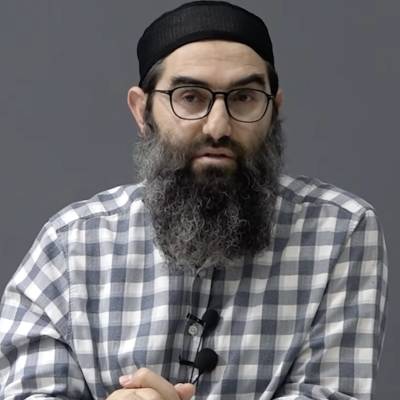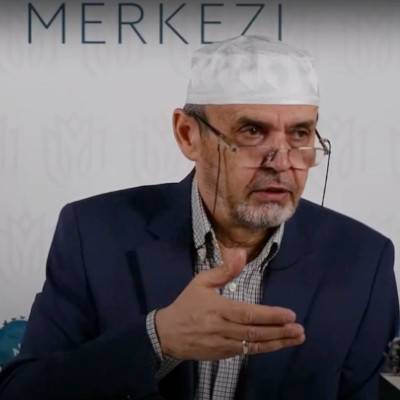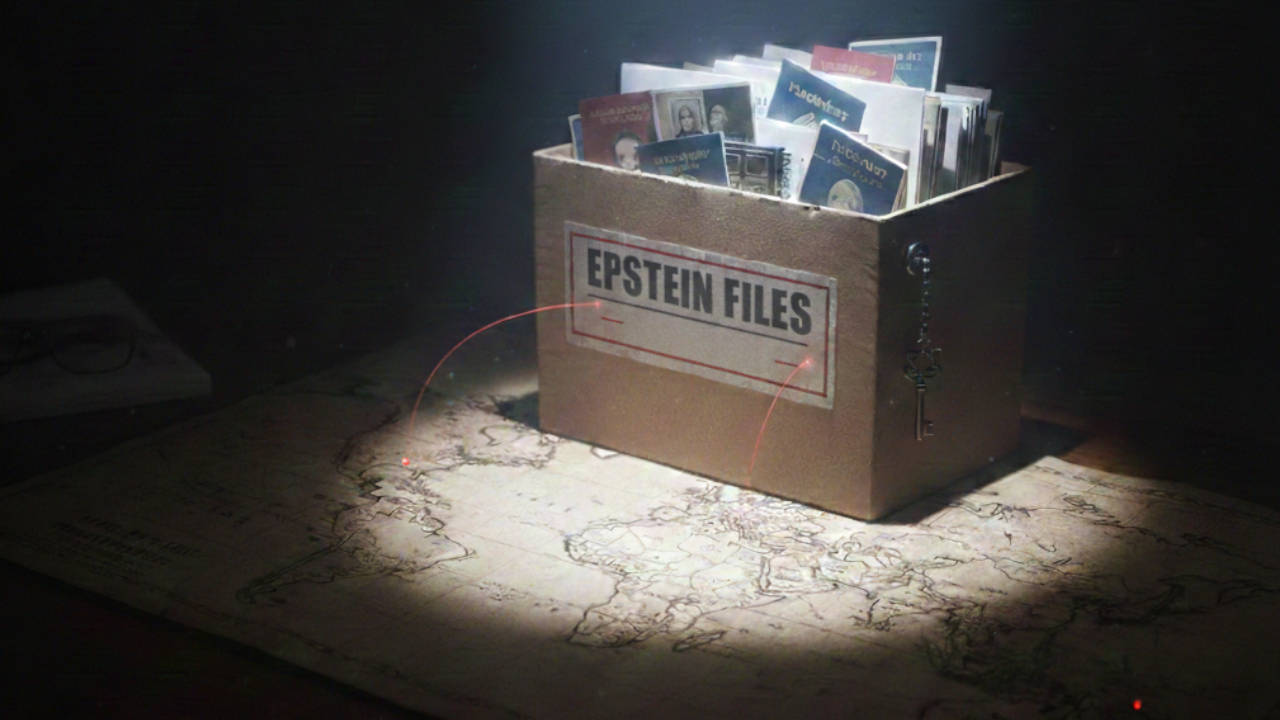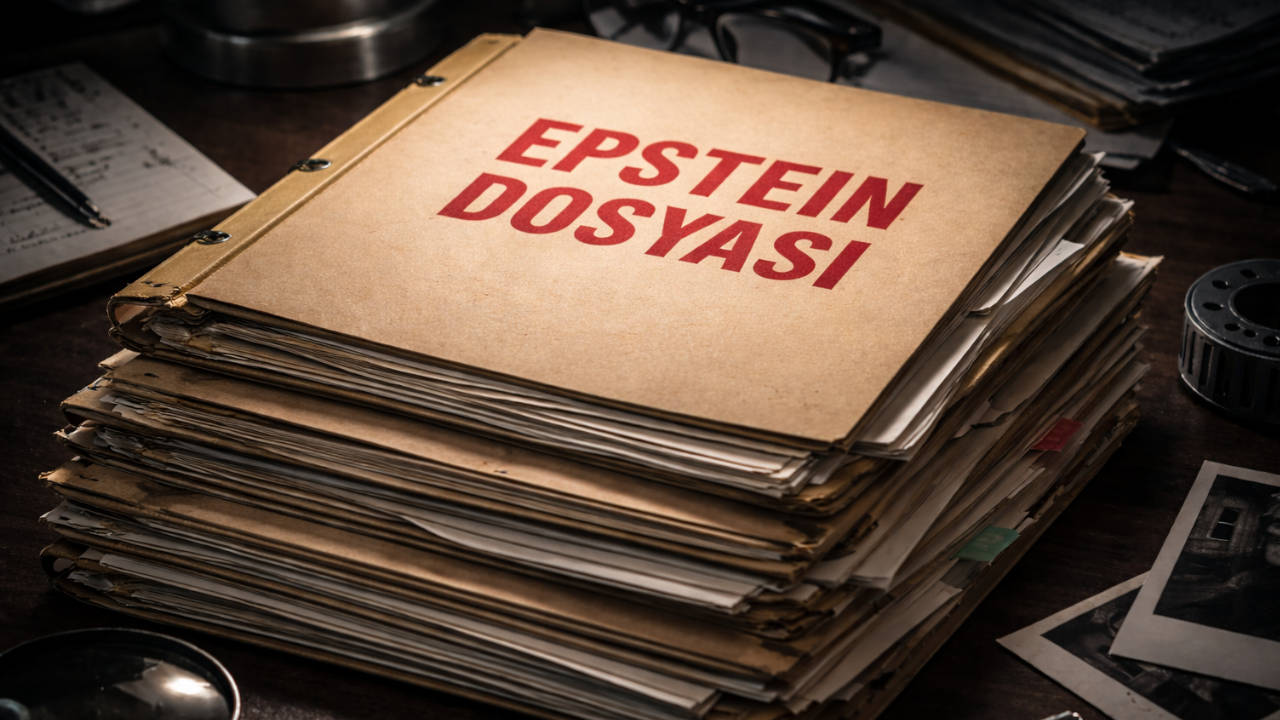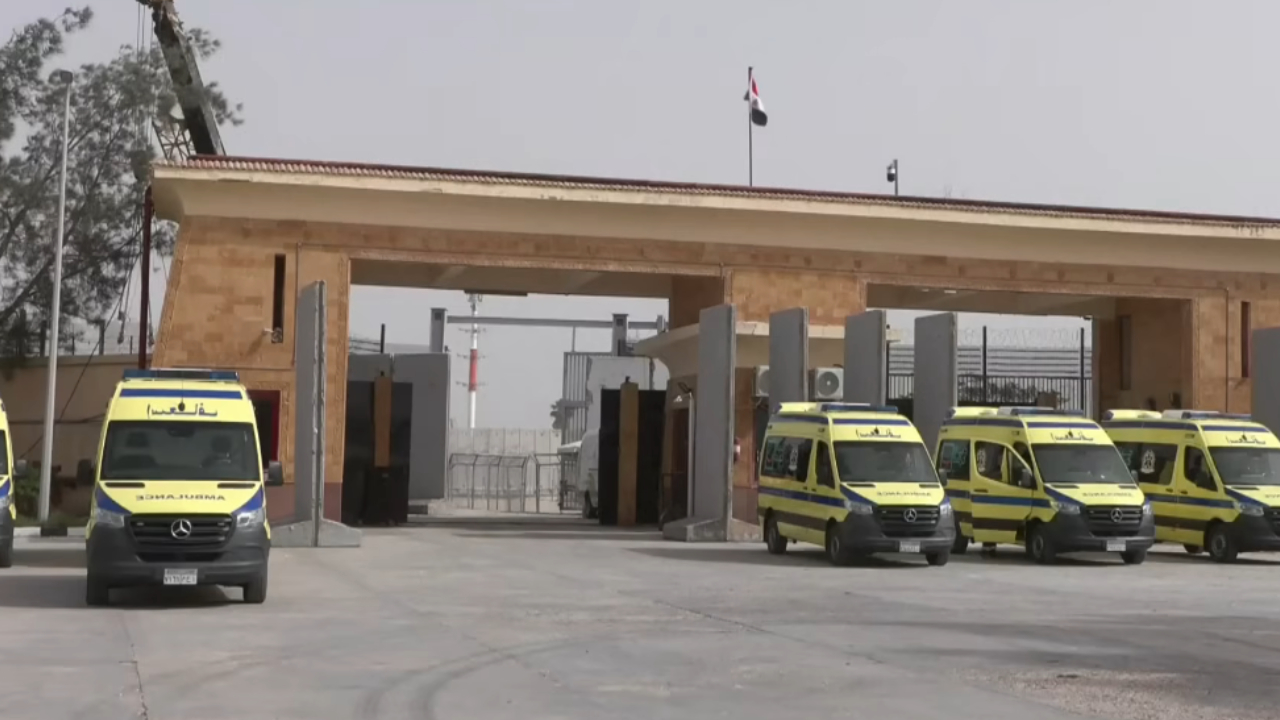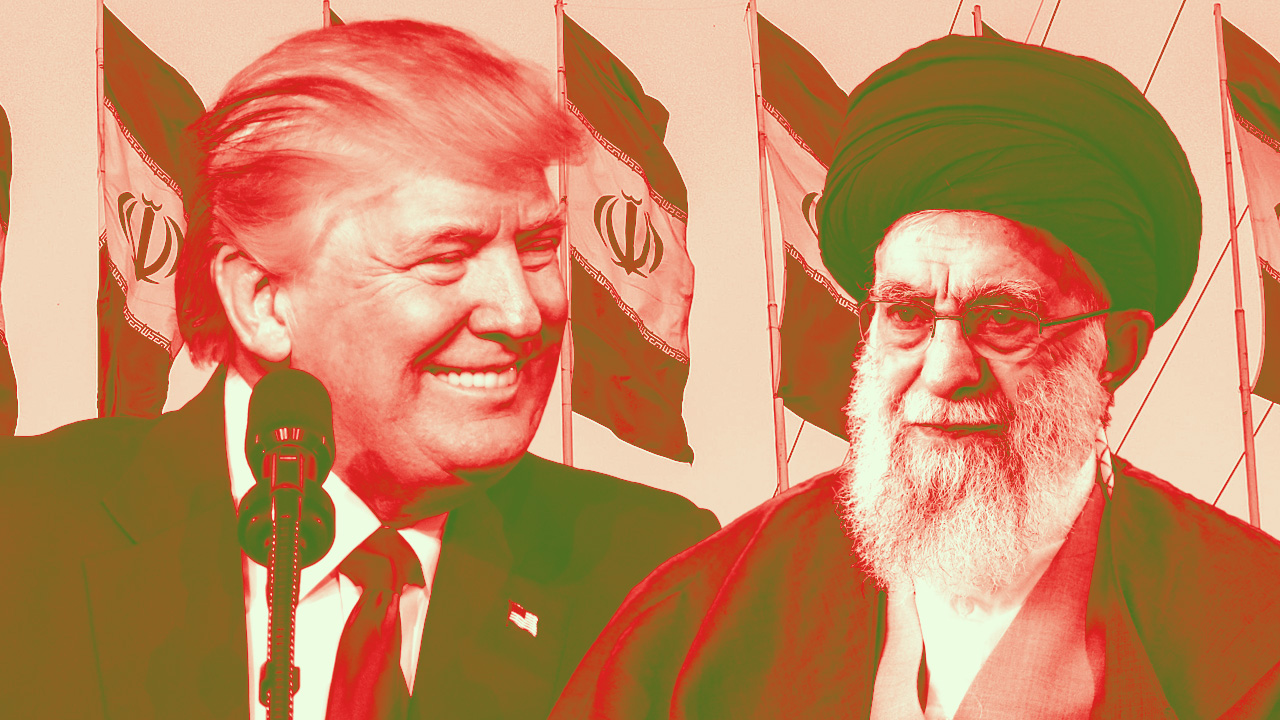Is Iran trying to incite a civil war in Afghanistan?
Since the US announced its withdrawal from Afghanistan, ethnic fault lines in the country getting more and more active day by day.
Especially in the Hazara areas which are situated in Central Afghanistan, tensions are escalating.
Recently, clashes have erupted between the Shia Hazara militant groups and the Kabul government forces in the Wardak Province. In the Bihsud District, militias captured some of the government HQ's and shot down a helicopter also.
It's not so hard to guess that Iran is playing an important role in these tensions.
Iran influence
The Iranian regime has a great influence on Afghanistan for years. Especially after the 1979 revolution in Iran and the Soviet invasion of Afghanistan in the same year, Iran seeped into Afghanistan.
Within years, the Iranian regime gained influence in the country. They have a potential ally in Afghanistan: the Shia Hazara people. By supporting and organizing them, and develop relationships with prominent individuals, Iran built a proxy force in the country.
They didn't put all their eggs in one basket. Besides the Shia Hazaras, Iran gave support to other militia groups also. It's known that Iran Revolutionary Guard Corps (IRGC) Quds Force Commander Qasem Soleimani get in touch with that time's 'mujahideen' leaders like Ahmad Shah Massoud. In this way, they achieved to dominate Afghanistan and became a strong player on the ground.
In the civil war between 1992-2001, Iran-backed groups and figures played important roles.
As well in the US invasion in 2001, Iran co-operated with US Coalition numerous times. They backed the Herat Uprising in 2001. And they were giving support to the Northern Alliance forces since the 1990s. That Northern Alliance was the ground force of the US invasion of Afghanistan. And their political and military cadres were the nucleus of the newly formed Afghan government.
Iran-backed figures took vital positions after the invasion. Just like Karim Khalili, Muhammad Mohaqiq, Sarwar Danish; Shia Hazara leaders who are backed by Iran are still effective in the Afghan government.
Fatemiyoun, Jabhe-ye-Moqawama and beyond
Iran's influence on the Shia Afghan Hazara people became more and more visible after the Syrian Civil War. Since 2011-2012, Iran is recruiting Hazara refugees in Iran to send them to Syria.
With the IRGC's financial, political, and military support, Liwa Fatemiyoun was formed. Estimates show that currently there are more than 12 thousand Shia Hazara militants in the ranks of the Fatemiyoun. More of them are fighting in Syria, some of them in Iraq and some of them returned to Iran and Afghanistan. There is no doubt that Iran will desire to form a militant group in Afghanistan with the former Fatemiyoun members.
Currently, there are some important groups in Afghanistan which supported by Iran: Fatemiyoun, Jabha-ye-Moqawama, Hezb-e-Wahdat, Afghan Hezbollah, and some local Hazara militant groups. In the military aspect, the most effective of these is Jabha-ye-Moqawama (Resistance Front).
In the group's logo, it is claimed that the group is founded in 1382. This date is the equivalent of 2003-2004 in the gregorian calendar. They are active in the Wardak, Ghazni, Daikundi, Ghor, and Bamian provinces. They gained the support of the Hazara people because of the ethnic tensions between the Hazaras and Pashto nomads called "Kuchis." For years, Jabha-ye-Moqawama is growing by numbers and military capacity. Iran's regime is giving them moral and material support.
Jabha-ye-Moqawama is leading by Commander Alipour aka Commander Shamshir (sword). He is known for his human rights violations against Pashto civilians. He was arrested in November 2018 by the Kabul government, but after the outrage of the Hazara people, he was released.
Especially in 2021, tensions between Jabha-ye-Moqawama and the Afghan government become visible. Since January, there are serious clashes between the Jabha-ye-Moqawama militants and government forces in the Behsud district of Wardak province. Hazara civilians were also killed in the clashes. Jabha-ye-Moqawama captured some government HQs in Behsud and downed a government helicopter in March 2021. After these incidents, the government declared war upon Alipour's militia. This is sparked ethnic and political tensions in the country. At present, a new civil war in Afghanistan is imminent.
Iran and a new civil war in Afghanistan
It is a known fact that Iran has a big role in the civil wars in Afghanistan since the 1980s. The Iranian regime has a destabilizing role in the region. With this sectarian strategy, they are eliminating their potential rivals and take roots in the whole region. Afghanistan isn't an exception.
Iran also supported the US invasion of the country in 2001. Their collaboration with the "Great Satan" (they are calling the US like that) destroyed Afghanistan. But after 20 years of war, the US wants to exit from the country and there is a possibility of peace and stabilization for Afghanistan. With the US's strategy fails, Iran wants to play its own card, just like it did in the 90s. After the Soviet strategy had failed, Iran tried its best to incite a civil war in Afghanistan, and they gained a limited achievement.
If Iran's strategy will prevail, we may see a new civil war in the coming years in Afghanistan. And it means Iran could greaten its influence in the country and instability will continue. In addition to the Shia Hazara people, there are tensions between the Ashraf Ghani's circles, Jamiat-e-Islami groups, Rashid Dostum's militia, and so on. If these fault lines break, this will be cause great devastation.
With Iran's support to the sectarian militant groups like Jabha-ye-Moqawama, this danger is growing day by day. For a sense of sustainable peace, stabilization, and order, Afghanistan must free itself from Iran's continuous influence.

